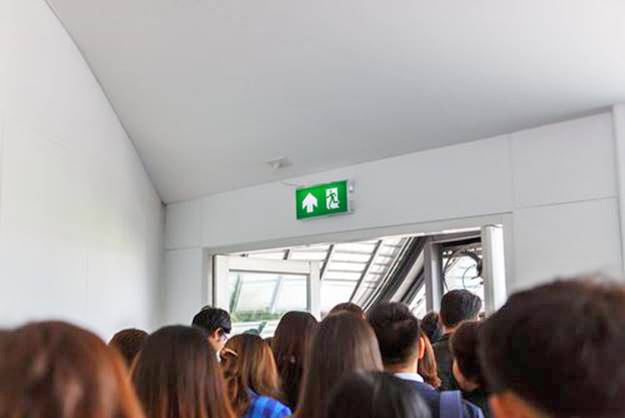By Jenni Evans and Lenin Ndebele
Zimbabwean expatriates are scrambling to apply for a visa to continue living in South Africa after their Zimbabwe Extension Permits (ZEP) expired in December.
If they are unsuccessful, in some cases, an entire generation of children will be forced to relocate with their parents to a country they may never even have visited.
However, according to Department of Home Affairs spokesperson Siya Qoza, the agent VFS Global has only received 2 301 visa applications and 3 014 waiver applications from the exemption holders. A special team at the department is still working through these for final approval.
According to the records of the department, a total number of 178 412 Zimbabwean nationals were granted exemptions.
“It must however be noted that some of them did not renew their permits, and as such they lapsed. While others either migrated to other visas or left the country,” said Qoza.
In November 2021, the department announced that the ZEP would not be extended again, and all holders of this special permit had until 31 December 2021 to apply for a visa to stay in South Africa.
The ZEP cancellation and requirement to apply for a new visa aligns with the department’s review of all visas issued from as far back as 2004, but Zimbabweans are the only ones who have to reapply for a visa at the moment.
This appears to contradict the White Paper on International Migration, which painstakingly sets out the democratic South African government’s commitment to undo the apartheid-era’s preference for white immigrants and restricting permits to black migrants who were contributing to the country’s cheap labour pool of mine and farm workers.
Zimbabwean nationals arrived in a larger group than usual in South Africa around 2008, during a period of hyperinflation, food shortages, empty government coffers, and severe political uncertainty back home.
A government of national unity was eventually formed in 2009 between Morgan Tsvangirai and Robert Mugabe. Still, trust issues often saw it hit the rocks. So many in the country who had had enough of the constant anxiety and hardship, decided to leave.
After borders were declared during the various colonial wars, a long history began of miners, farmers and cross-border traders coming to South Africa.
Around 40 000 white “Rhodesians” who did not want to live under a black government, known as “when wes”, settled in South Africa after 1980, with few residency and work problems.
The two countries also have a shared recent history of supporting each other during the struggle against colonialism and the white governments that discriminated against black people. South Africa was heavily criticised for not speaking out on complaints of human rights abuses in Zimbabwe.
However, after the sudden swell of people applying for asylum or refugee status during the political and economic turmoil, in April 2009, Cabinet created the Dispensation of Zimbabweans Project.
Home affairs minister at the time, Malusi Gigaba, said this was a “significant gesture of support and solidarity” with Zimbabweans.
During the project, he said a total of 295 000 Zimbabweans had applied for the permit, and just over 245 000 had been issued. Those who were refused either had a criminal record, lacked a passport, or did not fulfil other requirements. The permit gave the holder the same rights as South Africans, except voting rights. In many cases, recipients handed in their asylum permits.
The introduction of the permit coincided with a horrific wave of xenophobia in South Africa. However, the government dismissed accusations of xenophobia, saying the attacks on people and shops were by “criminals”.
But anti-Zimbabwean sentiment appears to have resurfaced again, with Zimbabweans being accused of taking jobs that South Africans could be doing.
The permit allows Zimbabweans to work in South Africa and has offered a level of protection against harassment, but now there are worries that not qualifying for a visa could lead to great upheaval, in spite of years of working in and contributing to SA’s economy.
The invitation to apply for a visa may sound positive to an outsider, but to Zimbabweans trying to get one, it is a nightmare, with horrifying consequences for those who fail.
“This is going to create a humanitarian disaster,” lawyer Simba Chitango told News24.


